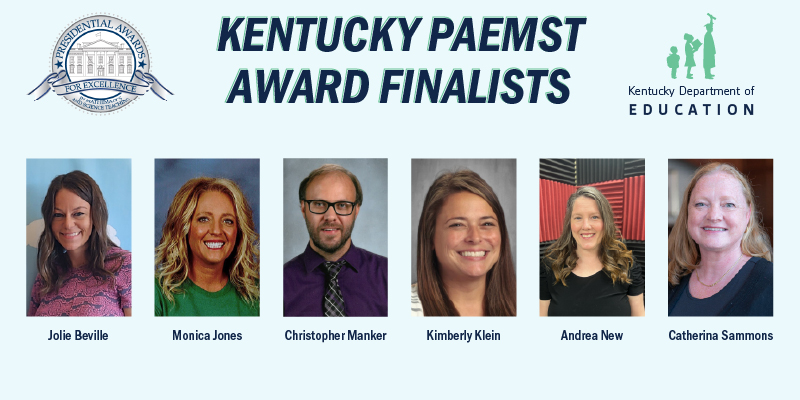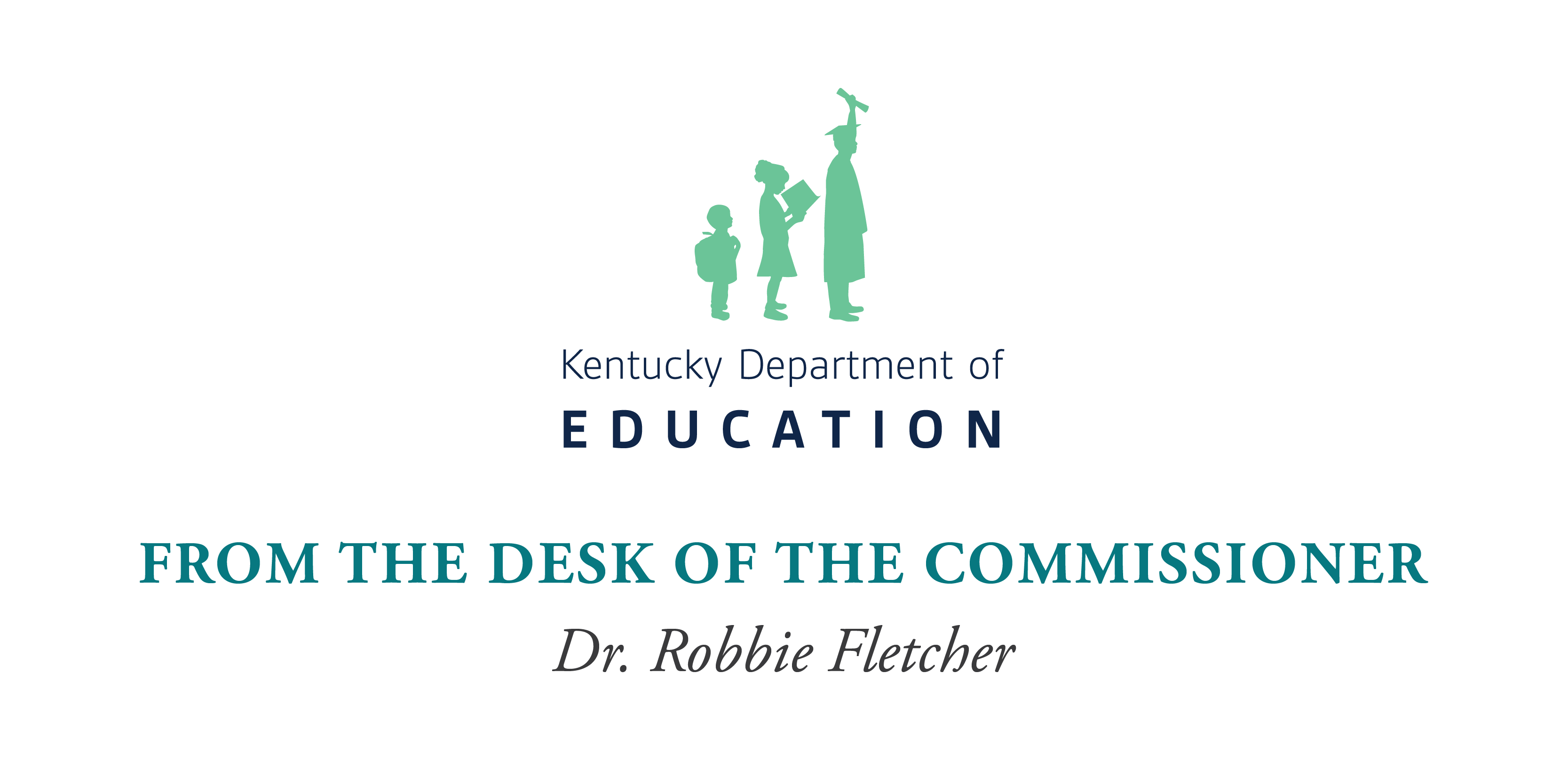
Commissioner of Education Robbie Fletcher facilitates conversation about the assessment and accountability prototypes during the Kentucky United We Learn Council meeting. Photo by Joe Ragusa, Kentucky Department of Education, July 29, 2024
(FRANKFORT, KY) – The Kentucky United We Learn Council discussed prototypes to transform Kentucky’s assessment and accountability systems during its summer convening on July 29.
The council is tasked with recommending changes to policy and practice that advance Kentucky’s United We Learn vision of creating a more vibrant experience for every student, encouraging innovation in schools – especially when it comes to assessment – and creating a bold new future for the Commonwealth’s schools through collaboration with communities. The council itself is made up of educators, community members, legislators, families and students.
Commissioner of Education Robbie Fletcher said one of his top priorities is the development of new assessment and accountability systems of which the Commonwealth can be proud. He said the council’s work has been focused on creating an accountability system that reflects the diverse needs of Kentucky’s students and reflects the communities in which they live.
“Together, we can build that type of accountability system that lifts our students up and lifts our communities through vibrant learning experiences, innovation and collaboration with our communities,” Fletcher said. “We have a responsibility to give that to our students.”
The council has been gathering input from advisory councils, stakeholder groups and school leaders on two prototypes, which should not be viewed as mutually exclusive; rather, the council plans to incorporate elements of both into its next proposal.
The first prototype is an accreditation-style model that would allow for ongoing collection and submission of evidence of learning throughout the school year. In this model, schools would submit evidence to an external evaluator and the local board of education and receive ratings on rubrics with feedback for improvement.
The second prototype values vibrant learning experiences. This system would focus on making sure students, families and communities are engaging in “authentic, joyful and relevant learning opportunities.” This system also allows students to be creative in their learning and applying their knowledge and skills through their personalized projects and experiences.
There are policy considerations for each of these prototypes, said Jennifer Stafford, director of the Kentucky Department of Education (KDE) Division of Assessment and Accountability Support. She said there are considerations with school finances and support efforts as well.
The council provided feedback in multiple rounds of discussions and through survey questions during the afternoon session, focused on which aspects of the prototypes people liked, didn’t like and even thought could be potentially harmful.

Jennifer Stafford, director of the Kentucky Department of Education Division of Assessment and Accountability Support, leads a discussion with a workgroup during the Kentucky United We Learn Council meeting. Photo by Joe Ragusa, Kentucky Department of Education, July 29, 2024
Kentucky United We Learn Council Vice Chair Jim Flynn shared his group’s reflection on the proposed prototype.
“One of the things that we thought was powerful is that it’s connected to vibrant learning experiences and experiences are what drives learning and is kind of the magic,” said Flynn. “And two, it connects to that local community-based portion of it that I think can be so powerful. Not only in providing what students need in that local context of the community but also to empower the community to be a part of making their schools all that they can be around the expected benefits to our students first and foremost.”
Comments collected during the council’s meeting will lead to an updated proposal that will be presented during the Kentucky Board of Education (KBE) meeting on Aug. 7-8. Feedback from the KBE will be incorporated into a final prototype that will be the focus on intensive study and inquiry through the upcoming school year.
“We’re not looking for an easy way out. We’re looking for ways to challenge our students to be better so that they can come back and contribute and lift up our local communities,” Fletcher said. “This is a way forward to make sure our students have the opportunity to dream, the opportunity to struggle and the opportunity to succeed.”
Work will continue in 2025 and the ultimate goal to have a finalized proposal to present to the Kentucky General Assembly during its 2026 regular legislative session.




Leave A Comment